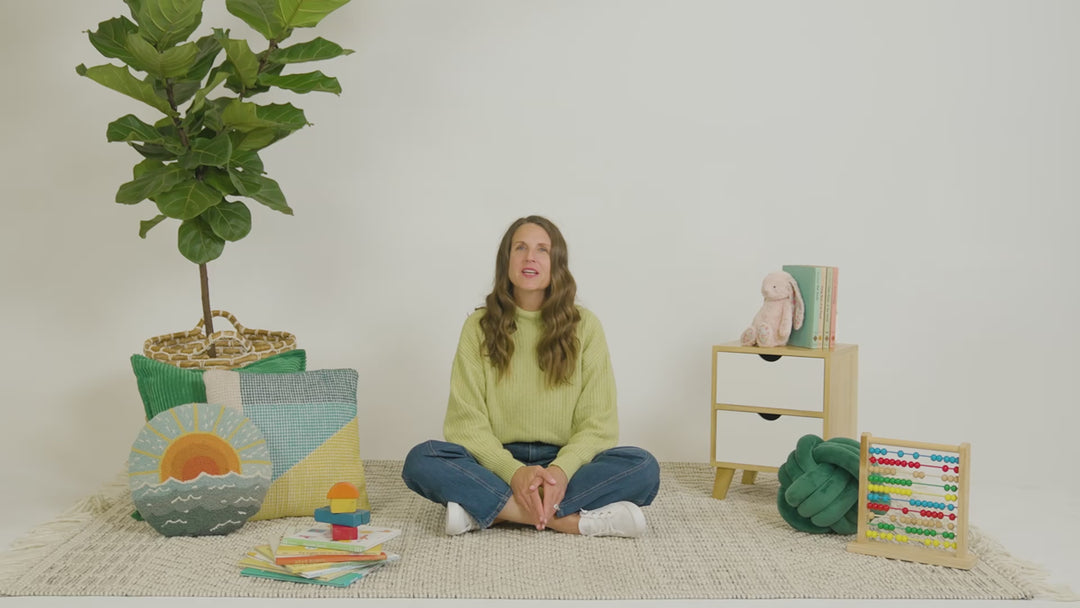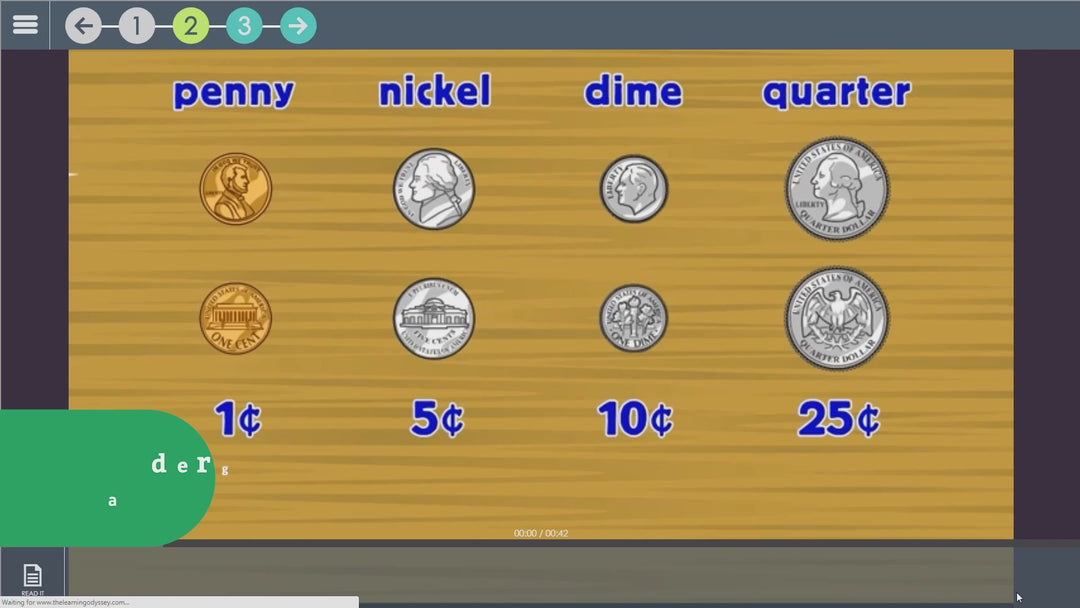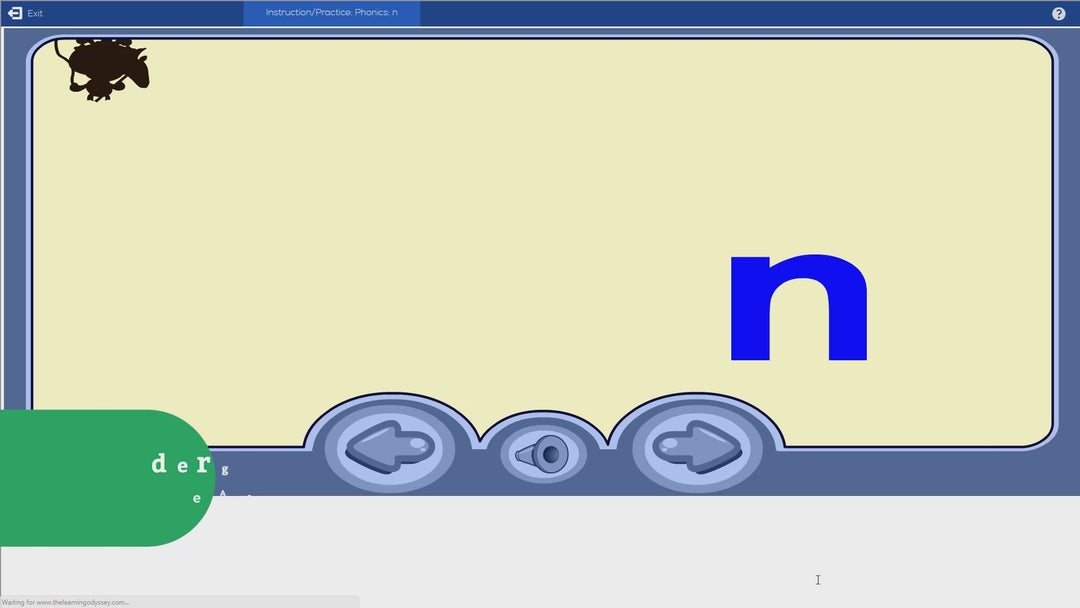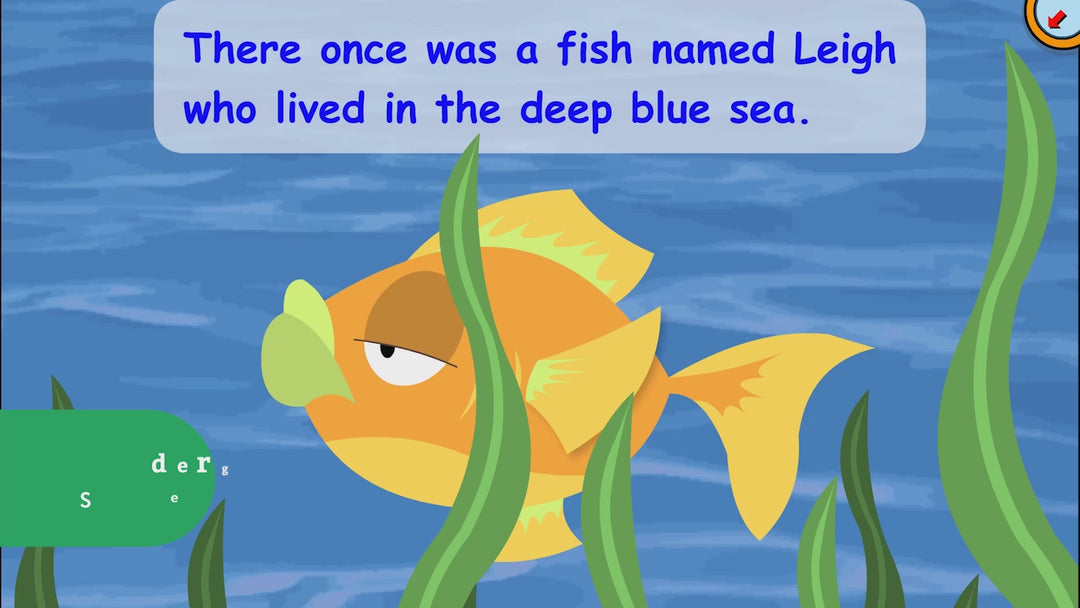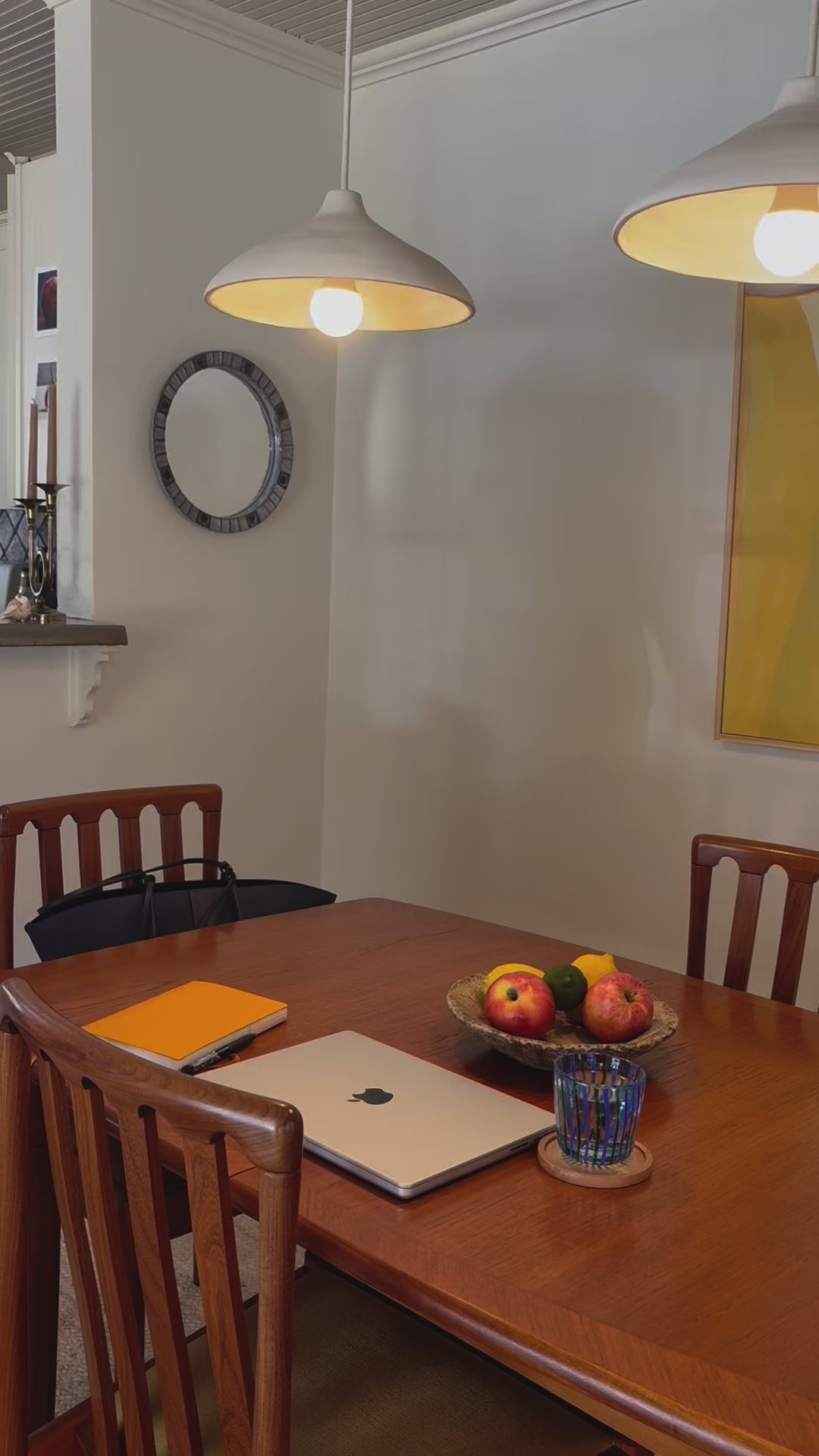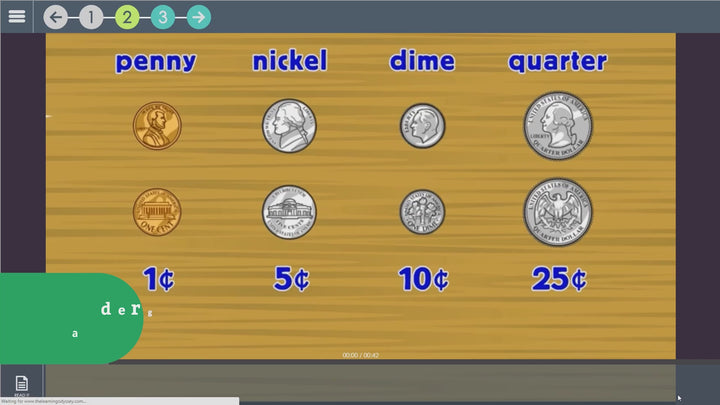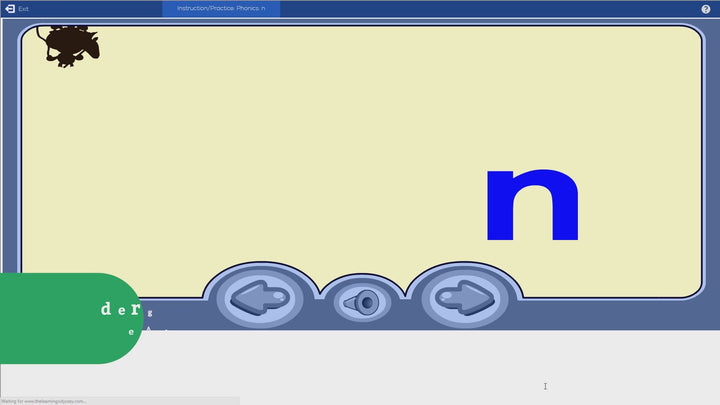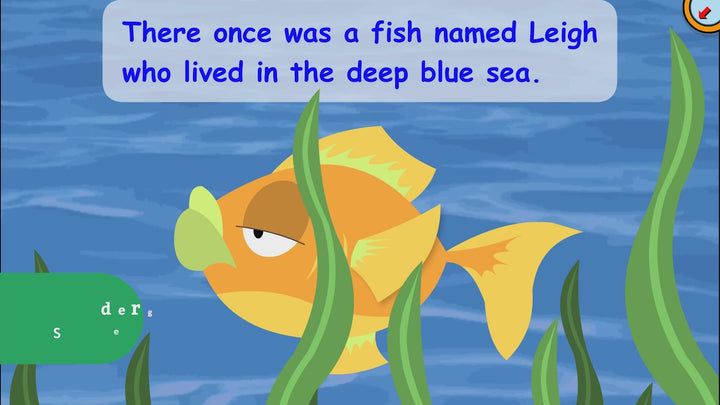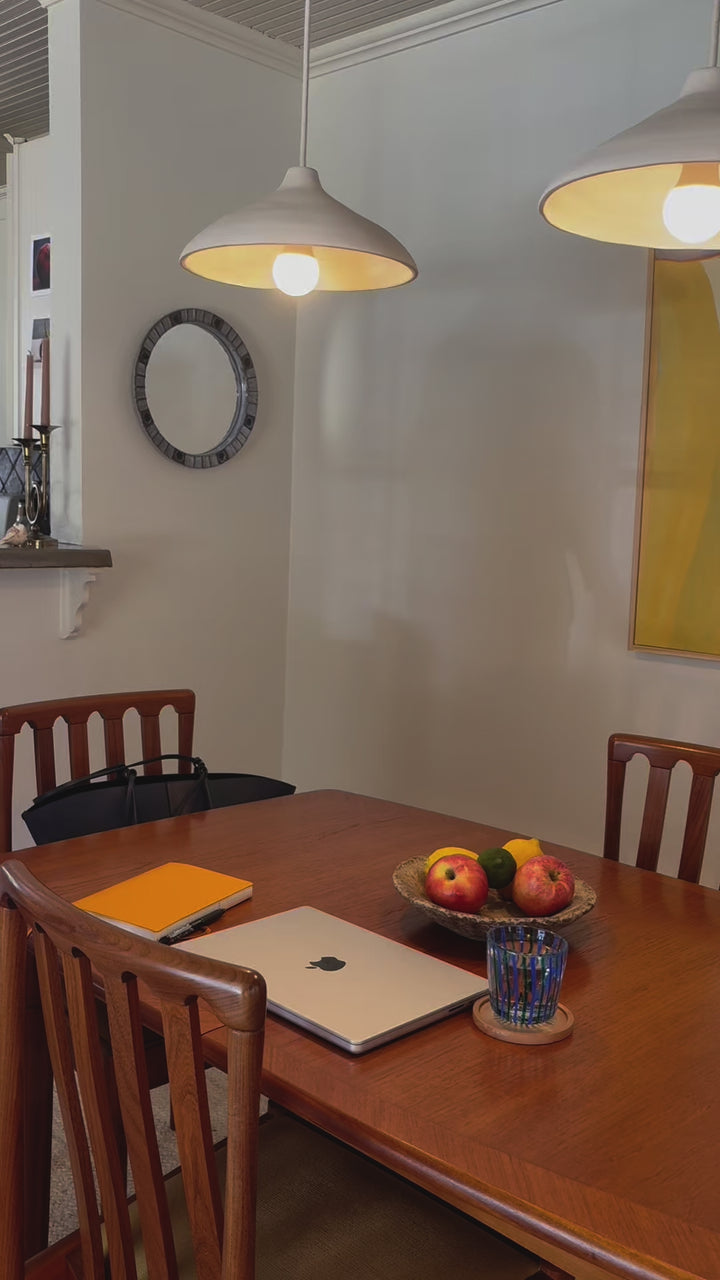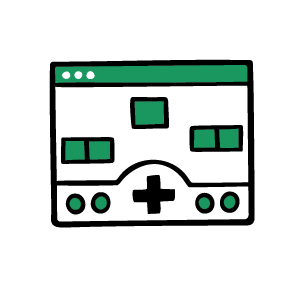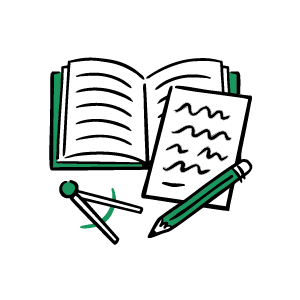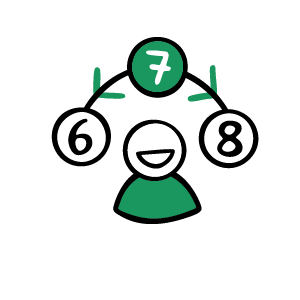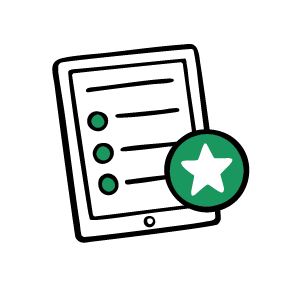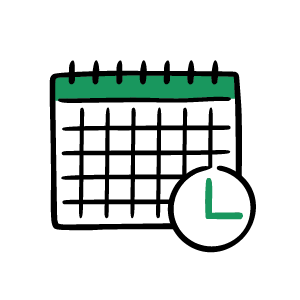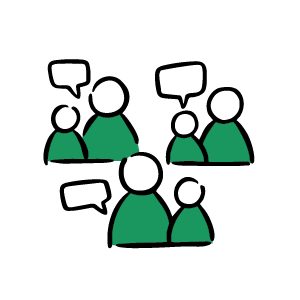Kindergarten Curriculum
Products are automatically delivered on your schedule. No obligation, modify or cancel your subscription anytime.
- 4 courses included
- 14-day money back guarantee
- Update grade level anytime
Subscribe more students, save more!
10% off
2 students
20% off
3-5 students
25% off
6+ students
Your kindergartener is beginning to build skills in logical reasoning and letter recognition. Our kindergarten curriculum helps kids begin building early reading skills through phonics. Fun safari adventures help kids learn about numbers. Science units help young learners practice critical thinking skills by introducing the scientific method, investigating living and non-living things, and exploring fun facts about planet Earth.
Kindergarten students discover that letters and words are the keys to unlocking the world of reading, offering opportunities for deeper learning and enjoyment.
At Time4Learning, we focus on building phonemic awareness, letter recognition, and high-frequency word recognition. Our text interactions are supported by pictures and emphasize comprehension through discussion and engagement.
At Time4Learning, kindergarteners discover that:
- The letters of the alphabet can be written, have unique sounds, and build words
- Reading helps us explore our curiosities and learn about new things
- Every story is unique, with different characters, settings, and events
- Readers form opinions about the books they read, helping them discover the stories they love most
Kindergarten students naturally possess a sense of curiosity and eagerness to understand the world around them. We harness this curiosity to engage learners in math, presenting concepts through a hands-on, concrete approach that builds a strong foundation for future learning.
At Time4Learning, Kindergarteners discover that:
- Numbers are everywhere, and can be used to describe quantities
- Patterns are found in nature and throughout the world
- Every object can be described by its location, appearance, and attributes
Kindergarten students are always asking questions like “why” or “how.” At this stage, their thinking is concrete, meaning they understand the world through what they can see, touch, and interact with.
The Time4Learning curriculum encourages them to explore these questions through our research-based 5E Model: Engage, Explore, Explain, Extend, Evaluate.
At Time4Learning, kindergarteners discover that:
- We can observe matter using our 5 senses.
- Our world is made up of living and nonliving things
- There is energy all around us, like the sun, light, and electricity
- People need energy to live, work, grow and play
This outline shows an example of both what your child will learn (the scope) and the order in which the lessons build on each other (the sequence). More detailed lesson plans are available in the parent account. All lessons are entirely customizable.
Language Arts
Builds early literacy skills including print awareness, phonemic awareness, vocabulary, fluency, and comprehension through decodable texts and classic stories.
Units of Study:
- Print Awareness – Alphabet, parts of a book, word/sentence structure
- Sounds, Letters, and Words – Letter matching, word length, sentence structure
- Active Listening and Sound – Rhyming, syllables, patterns, five senses
- Sights and Sounds of m and s – Nursery rhymes, phonics, alliteration
- Sights and Sounds of d and a – Fantasy vs. reality, opposites, initial sounds
- Sights and Sounds of p and i – Sentence completion, phonemic awareness
- Sights and Sounds of l and n – Sequencing stories, size comparison
Math
Foundational numeracy and geometry skills through interactive lessons, pattern recognition, and visual-spatial games.
Units of Study:
- Playtime in the Park – Position words, 2D/3D shapes, shape comparison, patterns, composing and modeling shapes
- Let's Go On a Safari – Counting 1–10, number recognition, matching quantities, comparing groups, using zero, intro to graphs
Science
Hands-on exploration of the natural world with integrated literacy, observation, and experimentation.
Units of Study:
- Physical Science – Observing and describing matter, tools for measurement
- Energy Sources – Identifying and comparing sunlight, food, and electricity
- Location and Perspective – Spatial reasoning, descriptive vocabulary
- Life Science – Plant and animal needs, habitats, and life cycles
- Earth & Space Science – Weather patterns, seasons, and Earth's resources
- Scientific Thinking – Asking questions, making predictions, collecting data
